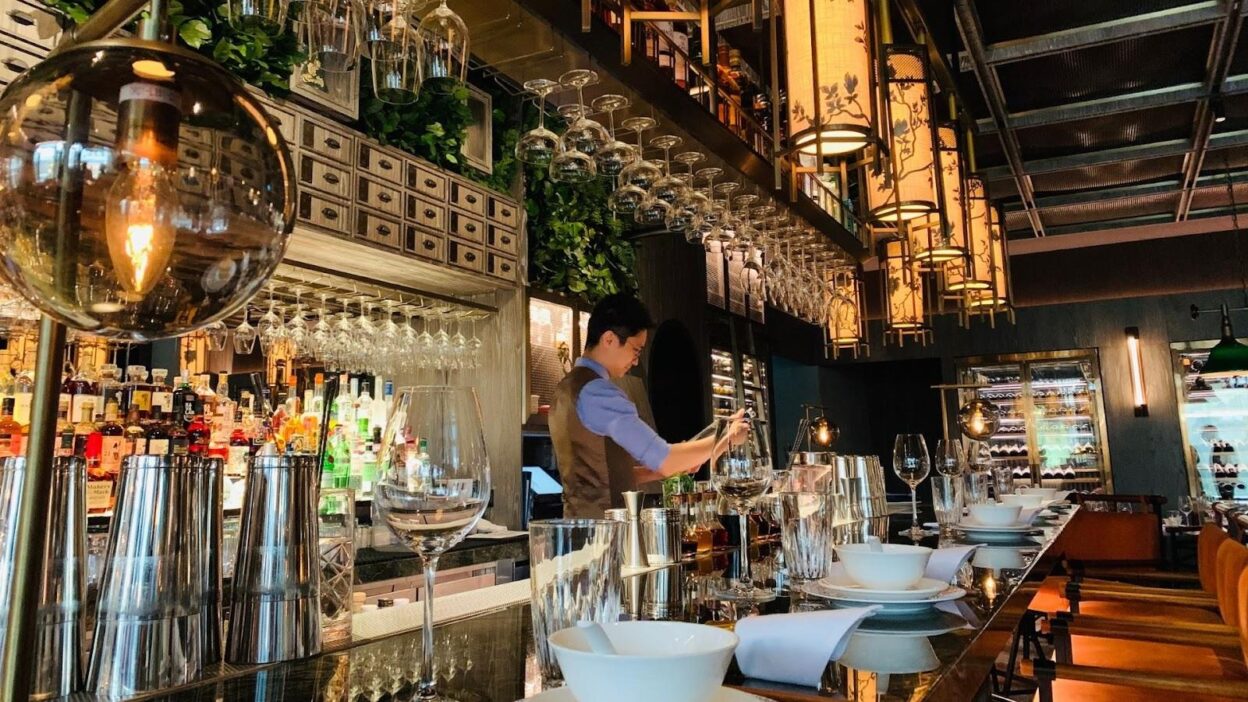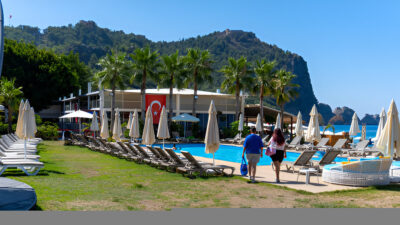Happy hours are some of the busiest and most exciting times for any restaurant or bar. The combination of discounted drinks, great food, and lively crowds creates an energetic atmosphere that draws people in. However, with larger crowds and an increase in alcohol consumption, there’s also a greater chance of accidents or medical emergencies happening on the premises. That’s why it’s crucial for restaurant and bar staff to be prepared to handle unexpected situations calmly and effectively.
Here are some essential first aid tips that every restaurant and bar staff member should know to help ensure patron safety during happy hours.
1. Be Ready to Handle Choking Incidents
One of the most common emergencies in any dining establishment is choking. Whether it’s a piece of food lodged in the throat or someone accidentally swallowing too quickly, choking incidents can escalate fast. Staff should be trained to recognize the signs of choking — inability to speak, coughing, or turning blue — and know how to perform the Heimlich maneuver.
In a high-pressure situation, staying calm and acting quickly is key. Encouraging staff to refresh their knowledge of basic first aid procedures regularly can make a significant difference in preventing tragic outcomes.
2. Recognize Alcohol-Related Emergencies
During happy hours, overconsumption of alcohol can sometimes lead to more serious health issues, such as alcohol poisoning. Symptoms include confusion, vomiting, slow or irregular breathing, and unconsciousness. It’s crucial for staff to recognize when someone has had too much and to know when to seek medical assistance.
In these situations, never leave the person alone and avoid letting them “sleep it off.” Instead, call emergency services if symptoms worsen and keep the person in a safe, upright position if they are conscious.
3. Manage Cuts and Burns
Restaurant and bar environments can be fast-paced and chaotic, increasing the risk of minor injuries like cuts from broken glass or burns from hot equipment. Every establishment should have a well-stocked first aid kit easily accessible, and staff should know where it is located and how to use its contents.
Basic wound care knowledge is essential: cleaning the wound, applying pressure to stop bleeding, and using bandages properly. For burns, running the area under cool (not cold) water and covering it with a clean dressing is the best immediate care before deciding if further medical help is needed.
4. Responding to Allergic Reactions
Food allergies are another critical area of concern. Cross-contamination in the kitchen, miscommunication about ingredients, or a patron accidentally consuming something they’re allergic to can result in severe allergic reactions. Symptoms such as swelling, hives, difficulty breathing, or dizziness require immediate action.
Staff should be trained to recognize the signs of anaphylaxis and know how to use an epinephrine auto-injector (like an EpiPen) if one is available. Prompt medical attention is essential in these cases, so calling emergency services right away is a must.
5. CPR and AED Training: Life-Saving Skills
While rare, cardiac emergencies can happen, especially when alcohol and stress are factors. Knowing how to perform CPR and use an Automated External Defibrillator (AED) can be the difference between life and death.
For restaurant and bar owners in Nepean looking to ensure their staff is fully equipped to handle such situations, enrolling in certified training programs is highly recommended. One excellent option is Coast2Coast first aid CPR Nepean courses, which offer comprehensive, hands-on training tailored to various workplace environments, including hospitality settings.
Creating a Proper Business Atmosphere
Creating a fun, vibrant atmosphere during happy hours is great for business, but safety should always come first. Ensuring that staff are well-trained in first aid not only helps protect patrons but also boosts the confidence and preparedness of employees themselves.
Investing in regular first aid and CPR training is one of the smartest decisions a restaurant or bar can make. After all, a few minutes of swift, knowledgeable action can save lives — and that’s the kind of service patrons will truly appreciate.


